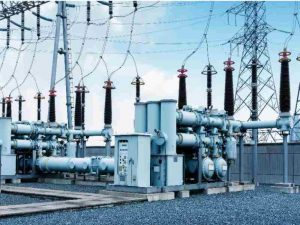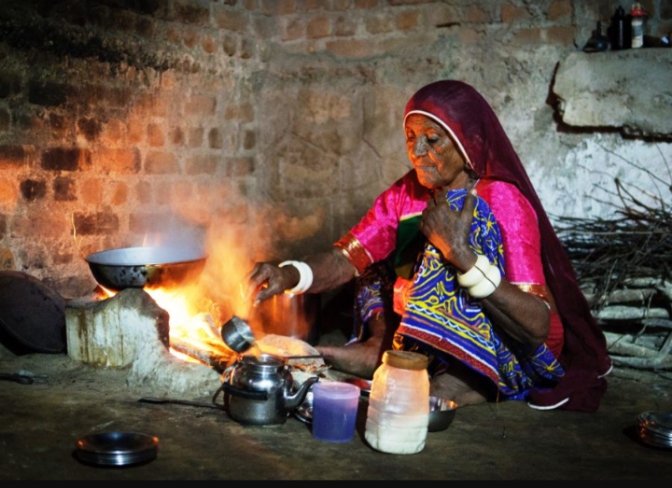By Energy Worth
Adebayo Adelabu entered Nigeria’s Power Ministry with big promises and an urgent drive for reform. He said he would boost electricity generation, fix the system’s financial troubles, and push bold policy changes. In many ways, he has made progress: power generation has gone up, investments are coming in, and new policies are being introduced. But behind the positive headlines, the sector still faces deep problems, and many of his promises remain unfinished.
Adelabu often speaks with confidence and urgency. He says his team has raised Nigeria’s average power generation from about 4,100 MW in 2023 to 5,528 MW by the end of 2024 — a 34 percent jump, according to his briefing to the Senate. He also highlights a peak available generation of 6,003 MW in March 2025, which he describes as a historic achievement.
For him, the improvement is not just about numbers. He believes a more stable power supply can support long-term industrial growth.

To ease the financial pressure on government, Adelabu introduced a tariff review. By increasing rates for high-usage customers, he says power sector revenue went up by 70 percent. This, he argues, reduces the long-standing tariff shortfall and moves the sector closer to financial sustainability, even if some consumers now pay more.
His ministry has also been active on infrastructure. Adelabu says the government is securing about $2.3 billion from foreign partners — including Siemens — to upgrade transmission lines and substations. He points to smaller but important steps too, such as installing ten new transformers and mobile substations to strengthen the grid.
He has pushed new life into the Presidential Metering Initiative as well. His goal is to deploy 1.1 million meters by the end of 2025, supported by a ₦700 billion budget. Over the next five years, he believes the ministry can install about 2 million meters each year, which could reduce estimated billing and improve payment transparency.
Adelabu also promotes a wider policy shift. He supports the Electricity Act of 2023, which allows states to run their own electricity markets and encourages decentralised power generation. He talks about expanding renewable energy through small hydro, solar projects, and rural mini-grids to serve communities that still lack stable electricity.
Still, many challenges remain. Despite claims of improved supply, many Nigerians say electricity is still unreliable, even in major cities. Grid collapses and frequent outages continue, showing that the biggest problems lie in transmission and distribution, not just generation.
Metering continues to be a serious hurdle. Although the targets are ambitious, progress is slow. Only about 100,000 meters have reportedly been installed out of the 500,000 given to distribution companies. This slow pace could keep billing disputes alive and limit the revenue gains the minister hopes for.
Financing is another worry. The $2.3 billion from international partners is helpful, but Nigeria still owes large sums to power generators. Some observers doubt that the new funds will be enough to fully upgrade and stabilise the grid.

Even the generation figures draw skepticism. High numbers do not always mean that electricity reaches homes and businesses reliably. A peak of 6,003 MW may look impressive, but bottlenecks, losses, and system faults often prevent that power from being delivered effectively.
Adelabu’s plans also depend heavily on electricity distribution companies, which many say are under-resourced, poorly run, and weighed down by debt. Although the minister has criticized them publicly, enforcing strict reforms or restructuring them will be difficult.
Trust is another issue. Nigerians have heard many promises of power reform over the years, but real progress has been slow. To keep public confidence, Adelabu must not only increase capacity but also deliver steady, fair, and visible improvements in electricity supply across the country.
In the end, Adelabu is navigating a difficult path. He has raised expectations with bold targets, higher numbers, and sweeping reforms. But turning plans and foreign commitments into dependable electricity for millions will be the true test. Success could reshape the power sector; failure would deepen public frustration with a system that has long struggled to meet the country’s needs.








